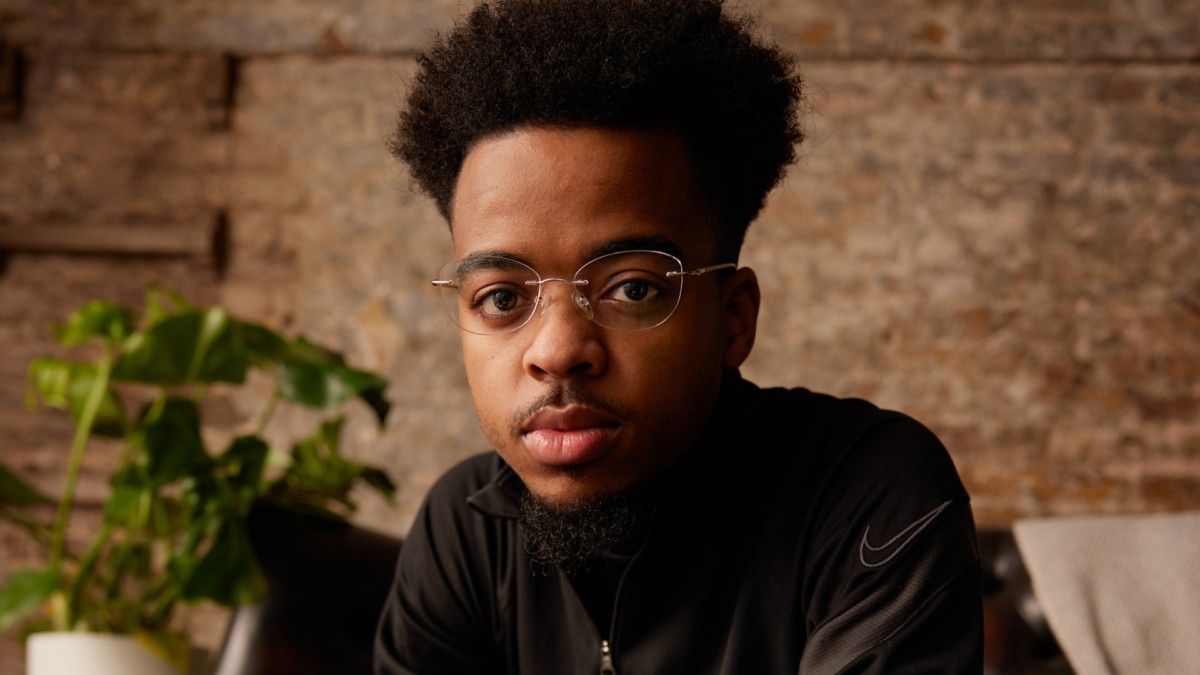
Unveiling the Shocking Truth: How Muslim Volunteer-Based Organizations Outshine Established Mental Health Services
Yahya Delair
Associate Lecturer University of Exeter | Anti-Racism EDI Consultant University of Northumbria | Trustee @MYH | Co-founder @The Future Selph | Specialist in Mental Health Org Development, Cultural Competency, & Strategy
in recent conversations with Muslim Youth Helpline, I have been astounded by the complexities faced by the Muslim community. What is even more shocking is that underfunded, volunteer-based organizations, operating with limited resources and only a few paid staff members, seem to have a greater impact on the Muslim and ethnic minority communities than the entire IAPT (Improving Access to Psychological Therapies) service.
Despite IAPT services claiming in their policies that ethnic minority communities are a priority and protected group, they take minimal steps to address the issue. A brief two-hour discussion once a month to tackle a significant problem feels like an insult to such a large and struggling community.
Muslim Youth Helpline, predominantly run by volunteers and non-therapists, appears to have a greater impact on the Muslim community than the entire IAPT service combined. IAPT data from 2018 reveals that Muslims are underrepresented in therapy services, with only 2% of clients being Muslim, despite comprising 6% of the population of England and Wales in 2020.
In 2022 alone, Muslim Youth Helpline handled a total of 12,442 cases through various modalities such as phone calls, web chats, emails, and WhatsApp. While this may not be long-term therapy, it clearly demonstrates the immense need for therapy access within the Muslim community, and the Muslim community in fact is willing to reach out for support. Muslims are evidently suffering but often turn to volunteer services for support instead of relying on IAPT for long-term therapy. This raises concerns and should be seen as alarming.
领英推荐
The issue lies in the difficulty of accessing real mental health care within the UK's NHS system, particularly for those who cannot afford private services. Limited bouts of therapy are offered but with long waiting times. Many respondents in the MYH report of 2019 felt that services were not sensitive to their needs and struggled to find Muslim-friendly counseling services. They expressed that it can be challenging to confide in someone who does not share their faith, as the advice given may not be tailored to their specific needs.
After reading the MYH 2019 report, the statistics are alarming: 32% of respondents have suffered from anxiety, 63% have experienced suicidal thoughts, and a quarter of respondents have struggled with identity issues. Additionally, half of the respondents sought help from friends during their last crisis, while 40% of men reported not speaking to anyone about their last issue, and 52% have experienced depression. (1077 sample size)
As Muslim practitioners, it is crucial to familiarize ourselves with the work of organizations like the Muslim Youth Helpline and emphasize the importance of what they are doing. There needs to be increased pressure on mental health services, particularly IAPT, to engage in meaningful discussions with organizations like MYH and learn from their expertise if they are genuinely committed to helping ethnic and faith-based communities. Additionally, it is imperative that vital projects like Muslim Youth Helpline receive financial support and are not solely reliant on goodwill. The neglect of funding for such important initiatives needs to be addressed.
I counsel and empower Muslims spiritually, mentally, and emotionally with faith in mind, leading to holistic healing | Reviving Islam’s Legacy of Mental Health | Muslim Mental Health | Islamic Counselling Psychology
1 年Very similar statistics and experiences for USA equivalent Naseeha Hotline br. Yahya Delair They discussed it at the Mental Health Conference ????https://naseeha.org/annual-reports/#dearflip-df_24994/12/